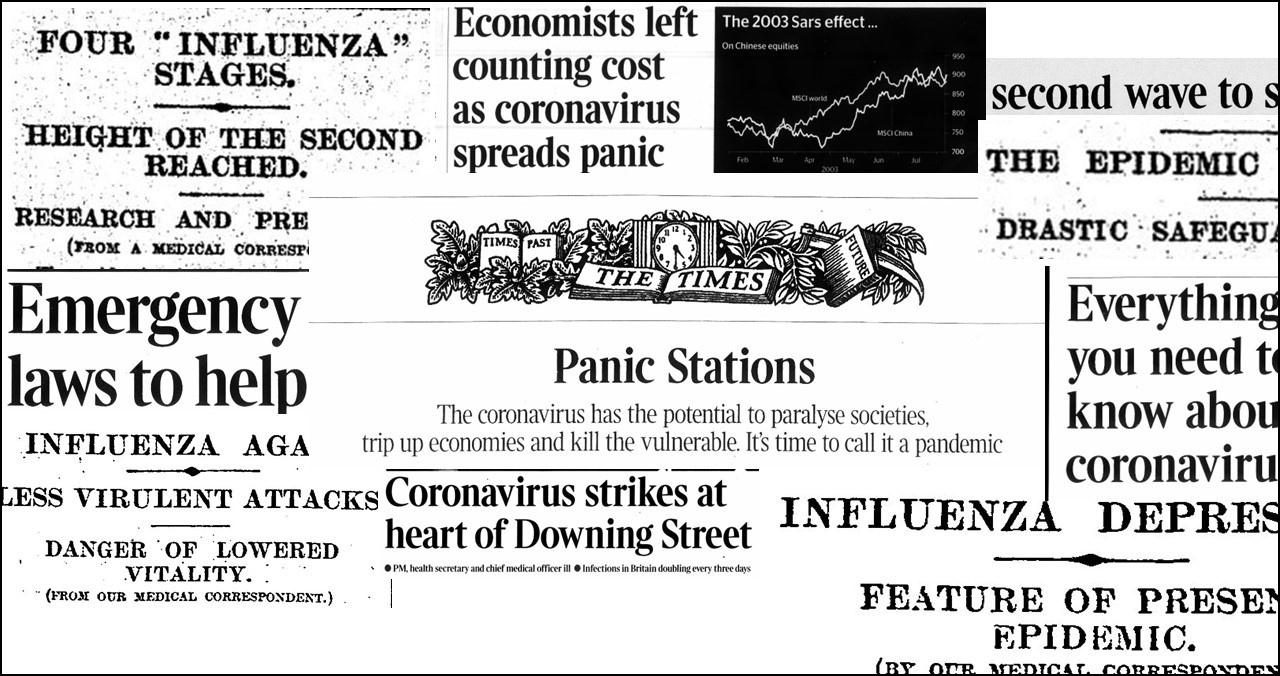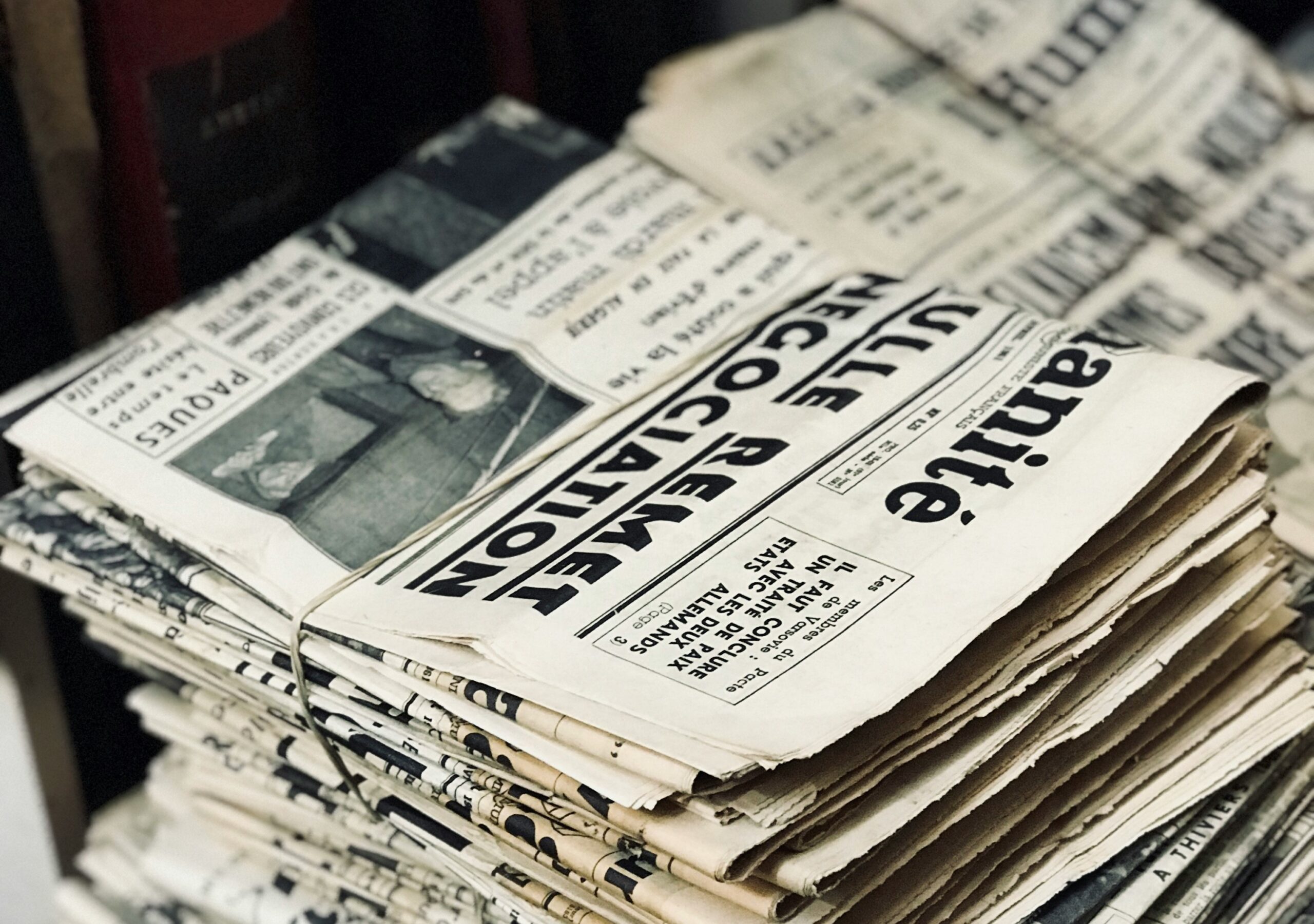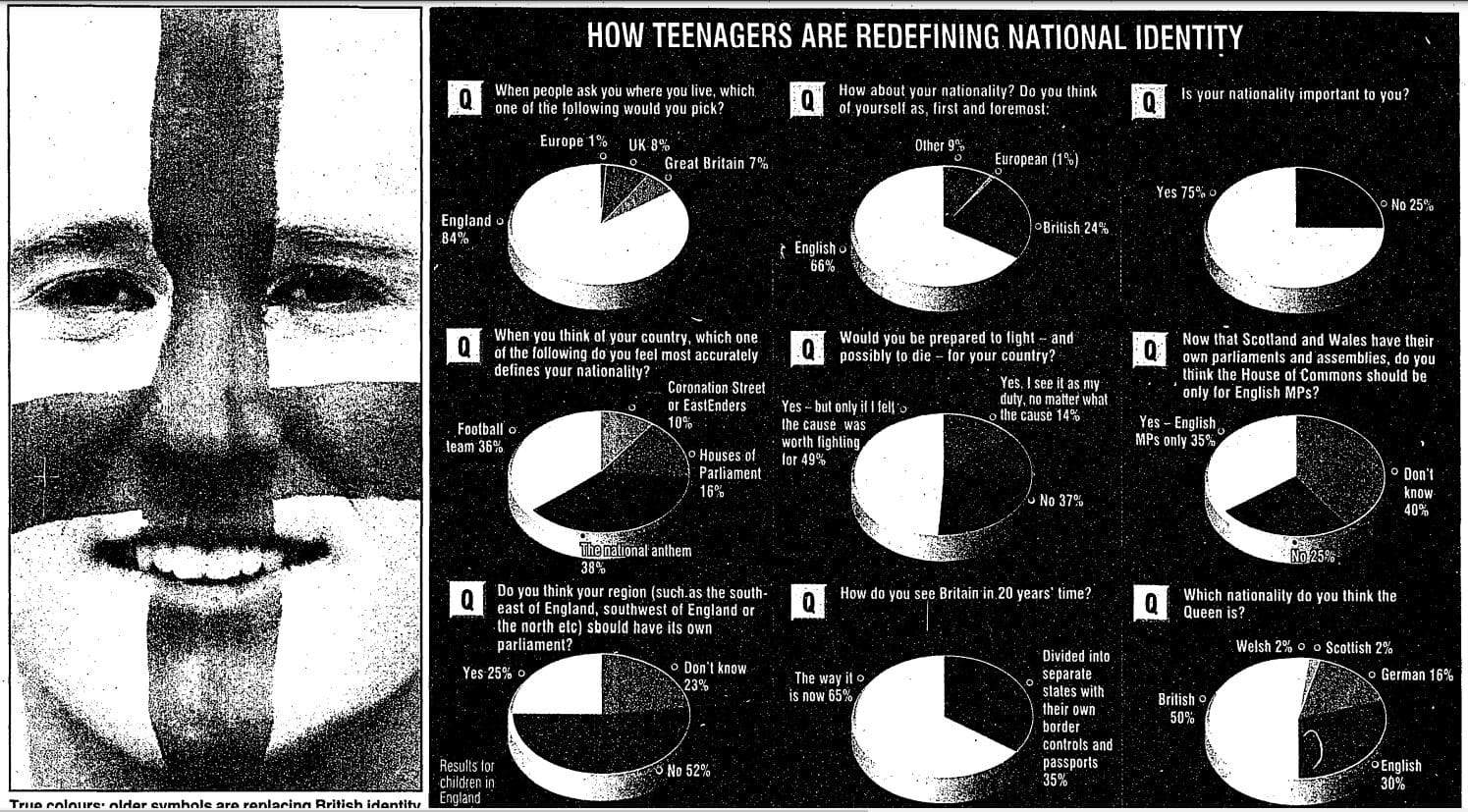| By Amandeep Singh, Gale Ambassador at Banaras Hindu University |
Whenever the Indian revolutionary movement outside India is taught in history classes at different universities and colleges, the Komagata Maru incident of 1914 and the revolutionary activities of the Ghadar Movement in the United States certainly bring a thrilling experience to students and teachers. However, over the years, it has become a footnote when it comes to bringing new discourses.
For decades, the revolutionary movements outside India have not been rethought in the ways they should have been. The paucity of primary sources and travel limitations have been among the significant reasons why scholars and students have been unable to rethink and revisit the revolutionary movements abroad, especially in the USA.










